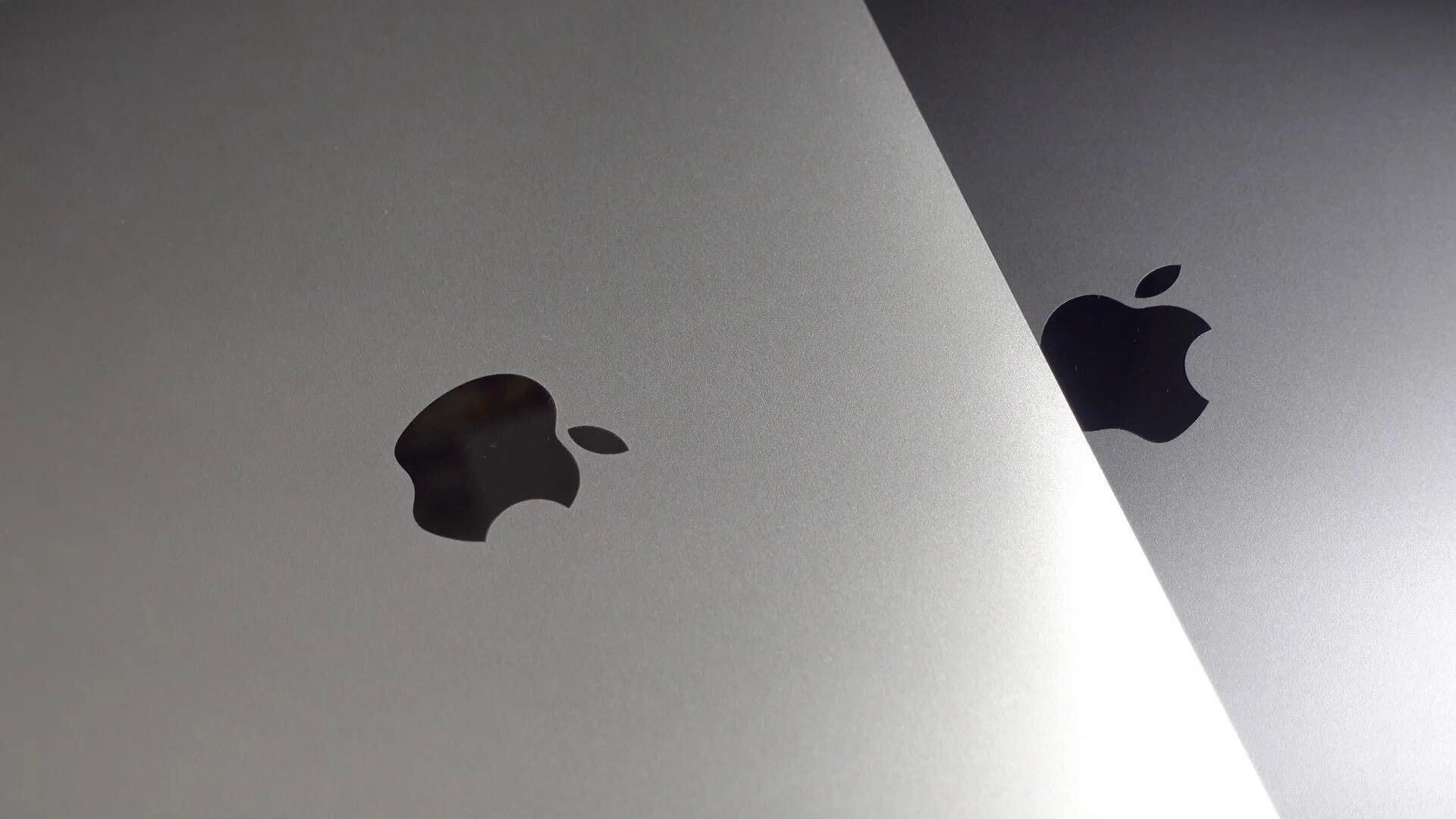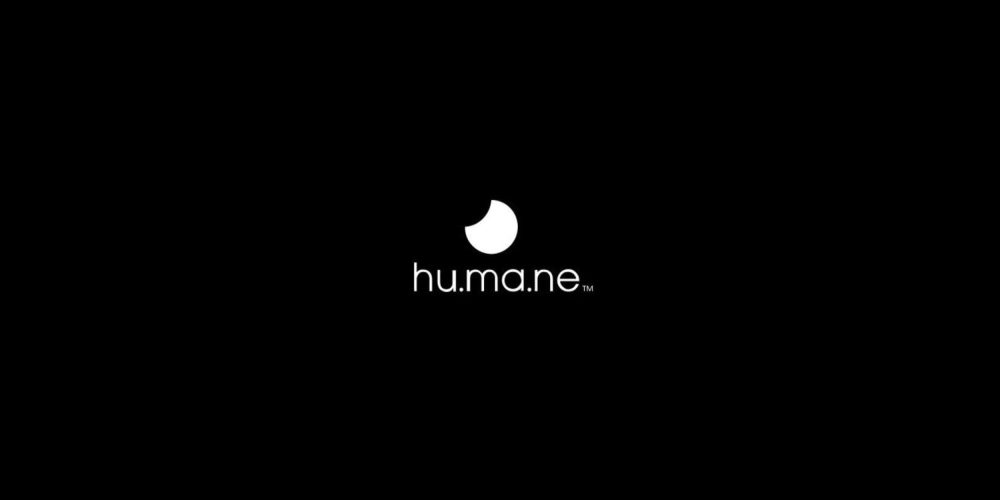
I’ve been waiting anxiously for years to get a glimpse at what the folks over at Humane have been working on. The company, founded by Apple inventors Bethany Bongiorno and Imran Chaudhri, launched in 2019 and has kept its work completely under wraps. Humane’s website has said that the mission behind the company is to build “innovative technology that feels familiar, natural, and human.” They want to build “the best human experience, ever.” That’s a tall order, and it’s been unclear what that actually meant, until now.
Background
Imran Chaudhri was at Apple from 1995 to 2016, and his name is on hundreds of patents for revolutionary user interface inventions. One of them is the infamous “slide to unlock” patent. Chaudhri is also responsible for the design of the iPhone’s Home Screen, among many other macOS and iOS conventions. Bethany Bongiorno was at Apple from 2008 to 2016 and helped lead software development for iPhone, iPad, and later the Mac. Both of them appeared at WWDC 2016 to demo new features in Messages, marking their first major public appearance while at the company. But just a few months later, the duo left the company.

In 2019, they announced that they were starting their own technology company called Humane and brought on dozens of former Apple employees who worked on other legendary products. Ken Kocienda, the creator of the iPhone’s touchscreen keyboard, joined the company in December of 2020 as product architect. Gary Schulz, a member of Apple’s industrial design group from 2007 to 2019, joined Humane in August of last year as the lead industrial designer. Humane’s head of services, Jeremy Werner, oversaw engineering for iCloud, Apple Pay, Home, and more. These names just scratch the surface. Nearly 50% of Humane’s workforce are former Apple employees. Whatever they’re working on is interesting enough to pique the interest of some of the best and brightest inventors of our time.
Patents
Our friends at 9to5Google recently discovered a patent published in 2020 that shows off what appears to be a “body-worn device” that “does not include a display, allowing the user to continue interacting with friends, family, and co-workers without being immersed in a display.” Interestingly, “minimal user interaction” appears to be the main goal for the product.
A user would wear a “laser projection system” that can turn any surface around you into a display that can be dismissed when you no longer need it. It’s essentially projected augmented reality. According to the patent,
The laser projection can label objects, provide text or instructions related to the objects and provide an ephemeral user interface (e.g., a keyboard, numeric key pad, device controller) that allows the user to compose messages, control other devices, or simply share and discuss content with others.

Humane’s product apparently includes a camera, 3D camera, and a depth sensor. Combined, these three components can identify objects in the real world and apply digital imagery to them. Humane’s product is definitely not a set of smart glasses, but rather a combination of the camera housing and a wearable battery. The product patent also shows off a Qualcomm Snapdragon chipset, a heart rate sensor, and the ability to connect headphones.
Android
In addition to discovering the patents, 9to5Google also looked through job openings at the company and found lots of comments about Android development. Like many other tech companies, it appears that Humane isn’t developing its own dedicated operating system but rather building a fork of Android. Meta has used Android to create the Oculus operating system with its own app platform. Humane appears to be planning a similar situation with an app ecosystem specifically intended for its version of Android. Examples primarily include lifestyle apps for “personal live broadcasting,” “senior monitoring,” “memory recall,” and “personal guide.”

It’s fascinating to see so many former Apple software developers seemingly working with Android, a platform many consider to have started as a direct clone of their work. Why Imran, Bethany, and many others left Apple to join Humane is unclear, but you can surmise that they disagreed with the company’s current vision. Humane appears to be building products that fit more naturally into your world and offer a much healthier set of features to improve your quality of life. They clearly don’t want to build another screen that you get glued and addicted to.
Duopoly effect
Using Android makes a lot of sense in the grand scheme of things. There are two established software platforms for mobile devices: iOS and Android. One of them is untouchable and the other is infinitely moldable. I had previously expected Humane to be developing its own operating system from scratch given the number of former Apple software engineers the company has hired. But because of the duopoly that’s forced even Meta to give up plans to build a dedicated VR/AR operating system, Humane has likely selected Android because it’s already got a strong foundation for them to work with.

While it’s disappointing to see another company forced to work with one of the two mobile operating systems rather than build something entirely new, it’s still exciting. This will be the first time we see Apple pioneers’ take on Android.
Retaining talent
Apple seems to be struggling to retain top talent as many have left the company for competitors. Like I said above, nearly 50% of Humane’s employees used to work at Apple. From creative directors to procurement managers to longtime engineers, people from all areas of Apple have joined Humane.
Most recently, Apple started offering large stock bonuses to some employees in an effort to get them to remain at the company. Why people have been leaving so frequently is not clear though. It could be a number of reasons. It could be dueling visions or something as boring as massive pay raises. But regardless, people have been leaving important teams at Apple, and that’s obviously not good for tech company.
Expectations
My expectations are extremely high for Humane. The caliber of the people the company has brought on to spearhead the development of its first product is just off the charts. It has brought on the brightest minds in the technological input field. Hopefully the talent at the company will be able to pull off the first truly great ambient computing product that doesn’t interfere with our lives and health. It seems as though they’re building a subtle natural complement to our bodies rather than an addicting extension.

There’s something quite admirable about that. This group developed products that have shaped the lives of billions for the past several decades. One could argue that this is a course correction, that they’re not happy with the way people have become addicted to technology. I’m certain that’s part of the story, but I also see this as a natural evolution.
Nearly every major company in the valley is working on putting screens on our faces. Apple, Google, Meta, and Microsoft are all hard at work on developing what they believe is the next phase in consumer technological product evolution. But Humane is developing a counter product that looks like it will offer much of the same functionality without putting ever-present goggles on your face. It’s clear that the future of mobile technology is world-altering, it’s just a matter of who goes about doing it the best.
FTC: We use income earning auto affiliate links. More.



Comments